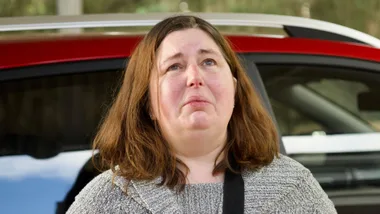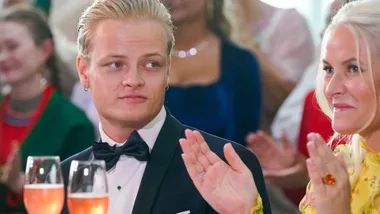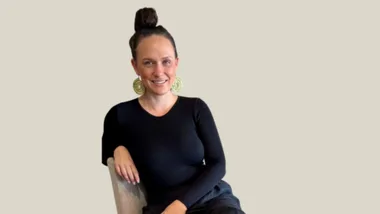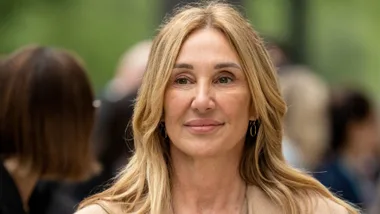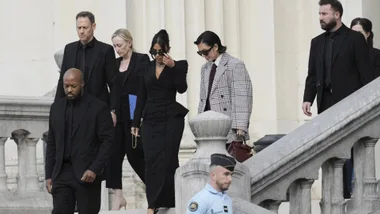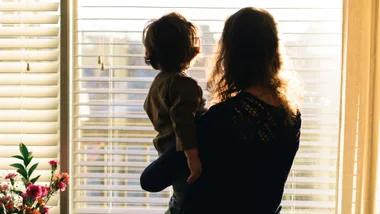A man who poured bleach down his wife’s throat and hit her with a cricket bat was spared jail this week because the judge ruled the woman was not vulnerable as she was ‘“an intelligent woman with a network of friends,” The Telegraph reports.
Mustafa Bashir, 34, bashed Fakhara Karim, 33, repeatedly with a cricket bat during fits of jealous rage, and once poured bleach down her throat and forced her to swallow tablets, telling her to kill herself. He isolated her from friends and family, calling her a ‘slag’ if she arranged to meet girlfriends or wore westernised clothing. On one occasion he struck her on the back with a cricket bat after she talked to a friend on the phone for too long, telling her “If I hit you with this bat with my full power then you would be dead.”
But Judge Richard Mansell QC awarded Bashir a two-year suspended sentence rather than a jail term because he was “not convinced [Karim] was a vulnerable person”. Why? Because she had a university degree and friends. “She is plainly an intelligent woman with a network of friends and did go on to graduate university with a 2:1 and a masters – although this has had an ongoing effect on her,” the Judge reasoned, implying that someone like Karim should have been strong and smart enough to get herself away from her violent, manipulative husband.
It’s not the first time Judge Mansell has cited a woman’s ‘vulnerability’ – or assumed lack of – as a factor in her victimhood. At least in the past his assessment has gone the way of the victim. In April last year he sentenced Anthony Johnson to 15 years jail for stabbing his wife Lindsey Pawson in front of their children, the Manchester Evening News reports. In that case, he referred to the victim as a “vulnerable” mum. It’s unclear why Pawson was deemed more ‘vulnerable’ than Karim. Because she had children? Because she didn’t have the protective power of a master’s degree?
The judge’s comments show a staggering ignorance of the insidious nature of abuse. Abusers like Bashir work over an extended period to crush their victim’s confidence. They deliberately isolate the women in their power, a dynamic that was plainly evident in this marriage, where Karim was routinely punished if she talked to her friends. A university degree or a friend on the other end of the phone isn’t a shield.
The idea that abuse only happens to women who aren’t smart enough to know what’s going on is a horrific fallacy, one that discourages women from taking the already petrifying step of coming forward. “Violence against women knows no postcode, nor does it discriminate by whether a person has a degree or not; men’s violence against women and their children is unfortunately common across families and communities with varied social economic status or level of education,” Our Watch CEO Mary Barry told marie claire.
“When a culture or system fail to take violence against women seriously, victims often feel afraid to seek help. Instead of blaming victims, let’s look at why certain men intimidate and physically hurt their partners. Violence against women is about power, control, inequality and men’s sense of entitlement.”
When Karim eventually found the strength to contact police she encapsulated this perfectly. “I now feel strong enough to report this to the police,” she said. “I did fear for my life, he told me he was going to kill me.”
“Once we split it took months for me to get my self belief back and I am not back to the person I was before.
“I can’t see how I could trust another man again after what happened to me. I dreamt of being in a happy relationship and I do not feel now that that will ever happen with someone else.”
Fakhara Karim was a victim and now she is a survivor. She was broken, tortured and abused, as vulnerable as any woman subjected to violence at the hand of a manipulative man. We celebrate that she’s one of the lucky ones who lived to tell her story. It’s a travesty that it wasn’t heard.

